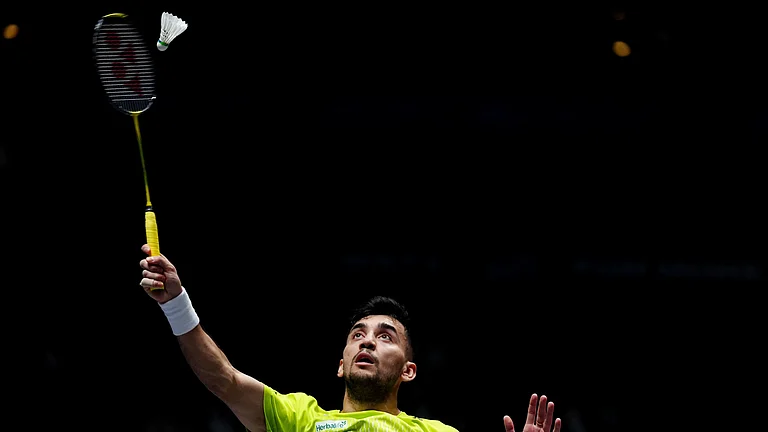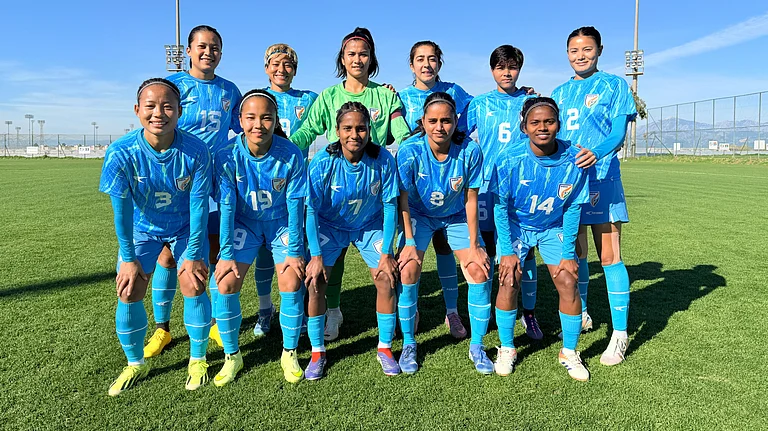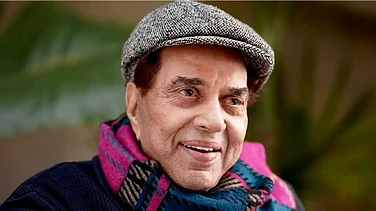With her Netflix docu-series "Indian Predator: The Butcher of Delhi", director Ayesha Sood says the aim was to chronicle the story of an invisible man who preyed on people living on the margins of society.
The three-episode series, currently streaming on Netflix, follows the Delhi Police's investigation into the case of Chandrakant Jha, who murdered seven people between 1998 and 2007.
;
After every murder, Jha used to put the mutilated and often decapitated bodies outside Tihar Jail, New Delhi. He would write taunting letters to the police boasting about his crimes. He was later apprehended and is now serving a life sentence.
What compelled me to make this docu-series was the fact that it was an invisible man who was preying on invisible people and therefore, it (the murders) almost went unnoticed.
"I have been a student of crime around India and I was amazed that even I hadn't heard of this story. This was such an audacious crime. It was in our backyard and yet we never heard of it," the filmmaker, who hails from Delhi, told PTI in a Zoom interview.
Sood's docu-series revisits the sequence of true events that led up to the arrest of Jha, who hailed from Bihar and worked as a hawker in Azadpur Mandi, Asia's largest wholesale market for fruits and vegetables.
The filmmaker said the makers approached her for the show during the coronavirus pandemic-induced lockdown that triggered a mass exodus of migrant workers from Delhi.
Through the series, Sood said she also got a chance to study prevalent social structures in depth.
"It's important for us to examine our social structures, our relationships with people within our cities and villages to understand what crime is and how it sort of manifests. Otherwise, we will ignore it. There's enough dissection of this in the West. But I don't think we do it enough," she added.
For the show, produced by VICE Media, the director talked to many Delhi Police officers who investigated the case, journalists who covered the story, the families of the victims and people from Jha's village Ghosai.
Sood said she chose to present the story in a docu-series format because of the "absurd" nature of the killer and his crimes, which actually felt like a chapter straight out of a movie.
"It is often said that truth is stranger than fiction. I just feel that this story is so bizarre and absurd in many ways that you have to present it in a documentary format. You will not believe it if it was done in a scripted format. It would feel like a drama and I think it's important to see it in its reality."
During the making of "Indian Predator", the director said more layers unravelled and the team had to incorporate these new aspects into the narrative.
"We had to rework a lot of that because the conversations took us to new places. We met new people and new layers sort of opened up. So we had to work those things into our structure as well. But we had an idea of how we wanted to structure the episodes," she added.
Sood said her takeaway from the whole experience of the docu-series was that she got to understand how a person is a product of their genetic and environmental influences.
"One of the bigger takeaways for me would be that it's always a combination of nature and nurture that make for the perfect storm or the perfect crime. It's a combination of things that come together to create something as horrific as this. It's your environment, family, sociology and a couple of more things," she said.
[With Inputs From PTI]






















